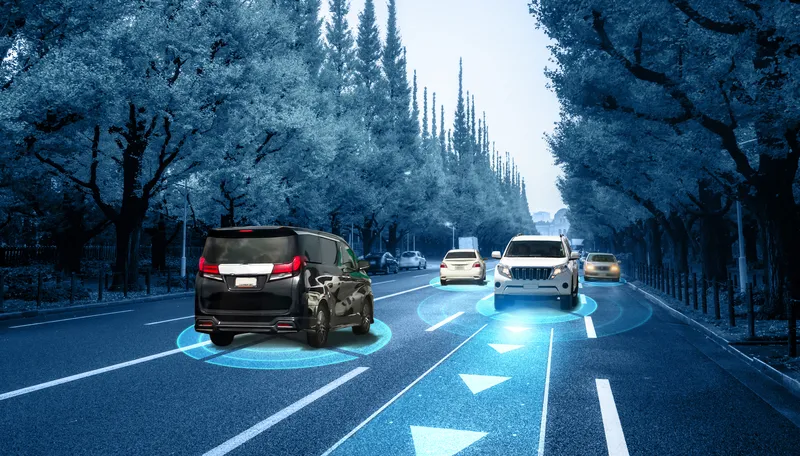
We believe this situation needs to be treated with the same priority as other health crises in this country.”
But help is at hand, he said. The concept of ‘Vision Zero’, where there are no fatalities from crashes, “seems a long way off but it is not as far as you think if we all work together”.
With the technology that is already available “on the shelf” – such as blindspot alert, collision warning and lane assist – 12,000 lives could be saved each year, he insisted. However, drivers tend not to trust newer technology.
For example, seatbelts have been mandated in the US since 1968 and are reckoned to have saved 15,000 lives in 2017 – but Continental’s annual mobility study showed that 77% of respondents last year were worried about the reliability of automated driving.
Klei’s answer is to explain more: “Education leads to trust which leads to consumer acceptance.” Rather than using statistics, the company is taking what it calls a ‘storytelling’ approach which people tend to relate to more.
In addition, Continental is doing more research “to understand new traffic challenges” and, Klei pledged, will continue investing in advanced driver assistance systems and automated tech.
Finally, it is important that safety features are affordable and available to everyone as standard. “Safety is not an ‘option’ for premium segments only,” he concluded. “It should not require a purchaser to check a box.”










